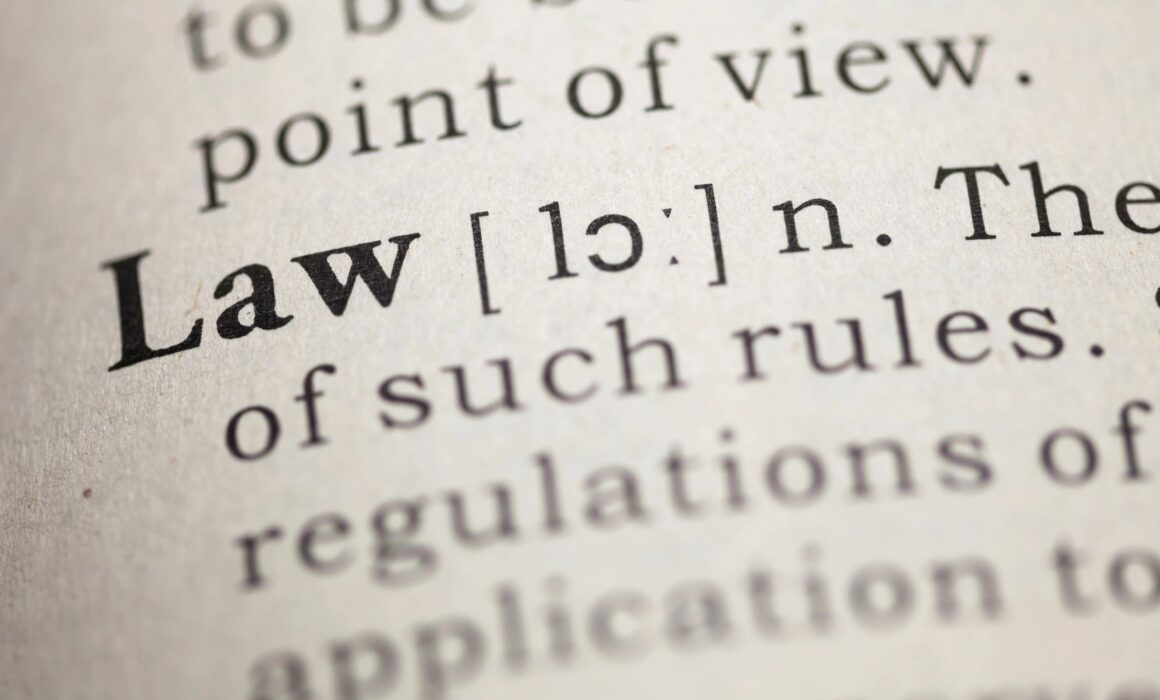Trial, Mediation, and Settlement
The Legal Process Explained Part Two
If you’ve got a legal case pending, you may be feeling stressed and bombarded with legal terminology. At Yaeger Law, we believe in clear communication, and we recently posted a blog explaining some common legal terms: intake, investigation, litigation, and pre-trial.
Today, as part two of our legal jargon-busting mission, let’s look at the trial, including the roles of the judge and jury, mediation, and settlement.
Trial
A trial is a formal process where the facts of a case are presented to a jury. A judge presides over the trial and instructs which jury on what law is to apply in the case. . The jurors are the fact finders. They examine the facts and sit in the judgment of the plaintiff and defendant. The purpose of a trial is to decide guilt in a criminal case or to hold a defendant accountable to the victim (plaintiff) in a civil case.
A trial typically begins with the selection of the jury, which is called voir dire. It is when the judge or the lawyers involved ask prospective jurors questions to learn about their backgrounds, beliefs, and possible prejudices. It is also an opportunity to connect with potential jurors.
You are most likely familiar with the next part of the trial through pop culture – opening statements. This is where both sides lay out the cases they intend to present and explain to the jury how they will meet the burden of proof. In a civil trial, the plaintiff has the burden of proof and must prove liability by a preponderance of the evidence. Think of that as tipping the scales of justice in favor of the plaintiff or proving the greater weight of the evidence. , After opening statements, the plaintiff will begin the presentation of evidence by calling witnesses, who will be cross-examined by the defendant. The defendant will also be given the opportunity to present evidence by calling witnesses.
Closing arguments by the plaintiff and defense attorneys are their final chance to talk to the jury, summarizing evidence and testimony.
Throughout the trial, the judge acts as an impartial person and oversees the trial. He or she decides what evidence may be shown to the jury, ensuring that the process is completed fairly. The judge will also instruct the jury about relevant laws that should guide its deliberations – this is referred to as the judge’s charge to the jury. Once charged, the jury will determine the facts and reach a verdict, within the judge’s instructions on the law.
Mediation
Mediation is an alternate way to resolve disputes and reach a resolution. Parties in a dispute may engage in a structured, interactive process whereby an impartial third party (called a mediator) assists both parties to reach a mutually acceptable agreement to resolve the dispute.
A mediator uses specialized communication and negotiation techniques to resolve conflict and facilitates the interaction between parties.
Settlement
Sometimes, parties to a lawsuit may resolve their difference without the need for a trial. A settlement is a contract between both parties which outlines a solution between disputing parties about a legal case, and it can be reached either before or after court action begins. A settlement allows for certainty because it eliminates the chances one takes a trial. It also can help avoid the time and expense that goes along with a trial.
Seeing clearly ahead
Hopefully, this blog has helped you gain an understanding of the legal system and the legal phrases you may come across
At Yaeger Law, we would love to be your trusted guide to help you through the legal maze. Just call Laura and her dedicated and compassionate team if you’ve got questions about your own legal case.
Our specialty lies in mass tort litigation cases, so in particular, if you’ve got questions on behalf of you or a loved one that involves defective drugs and medical devices, you’ve come to the right place. That’s because not only do we have decades of experience seeking justice for those who have been harmed but you’ll find that we also believe in compassion and client-focused service. Our clients rate us highly because we get the best possible outcome for their cases and take the time to explain every aspect to them. Talk to us to find out more.


